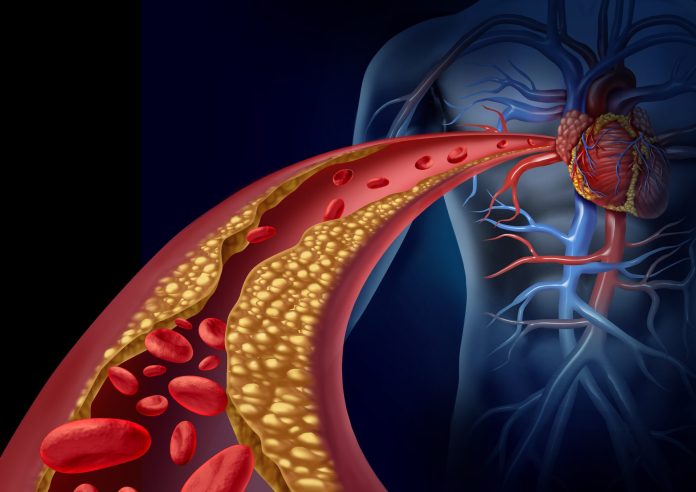
Adults with obesity and type 2 diabetes who were treated with the sodium glucose cotransporter-2 (SGLT-2) inhibitor drug dapagliflozin combined with moderate calorie restriction were shown to have much higher rates of type 2 diabetes remission compared with people who only restricted their caloric intake. The research, published in The BMJ, could be a practical method for achieving remission for patients with early type 2 diabetes.
SLGT-2 inhibitors lower blood sugar levels and can also lead to weight loss, but, to date, no studies have sought to examine their effect alongside calorie restriction to achieve type 2 diabetes remission. The research, conducted at multiple centers in China, developed a randomized trial that enrolled 3,328 patients with type 2 diabetes of less than six years of duration. Participants in the trial ranged in age from 20–70 with a body mass index (BMI) greater than 25 and were not taking any other diabetes medication other than metformin.
Patients in the trial were assigned to either a moderate calorie restriction group with 10mg a day of dapagliflozin or moderate calorie restriction plus placebo for 12 months. All participants received diet counseling and were encouraged to remain active for the duration of the trial. Diabetes remission was defined as maintaining normal blood sugar levels after discontinuing use of the anti-diabetic medication.
Results of the study showed that at 12 months 44% of the group that had taken dapagliflozin in addition to calorie restriction were in remission versus 28% in the placebo group. The dapagliflozin group also showed significantly greater levels of weight loss and insulin resistance, as well as benefits on body fat mass, systolic blood pressure and cholesterol levels.
“Our multicenter, double blind and randomized trial showed that the combined regimen of dapagliflozin and regular calorie restriction was effective in achieving remission of diabetes, lowering body weight, and improving metabolic risk factors among patients [with obesity or overweight] with type 2 diabetes,” the researchers wrote.
The researchers did note some study limitations, namely that the results can’t be generalized to all type 2 diabetes patients of other races and may not apply to patients who have had the disease for more than six years. However, for their study, they noted that the structure dietary approach was practicable for a clinical setting and that there was good adherence to the program by study participants.
A linked editorial by Jonathan Valabhji, MD, the clinical chair in medicine at Imperial College London, raised other questions that should be considered for this approach, such as whether glucose lowering drugs should be discontinued at the point of type 2 diabetes remissions. Also, might specific drug mechanisms be employed to provide a more personalized treatment regimen for patients to achieve remission.
“Despite the low adverse event rate highlighted in this study, the drug safety profile in a combined strategy also needs to be evaluated,” Valabhji wrote in the editorial. “The optimal balance of lifestyle components needs to be considered; achieving remission through less intense calorie restriction may prove more inclusive at the population level and may also serve to reduce interventional unit cost.”









![Best Weight Loss Supplements [2022-23] New Reports!](https://technologytangle.com/wp-content/uploads/2022/12/p1-1170962-1670840878.png)




